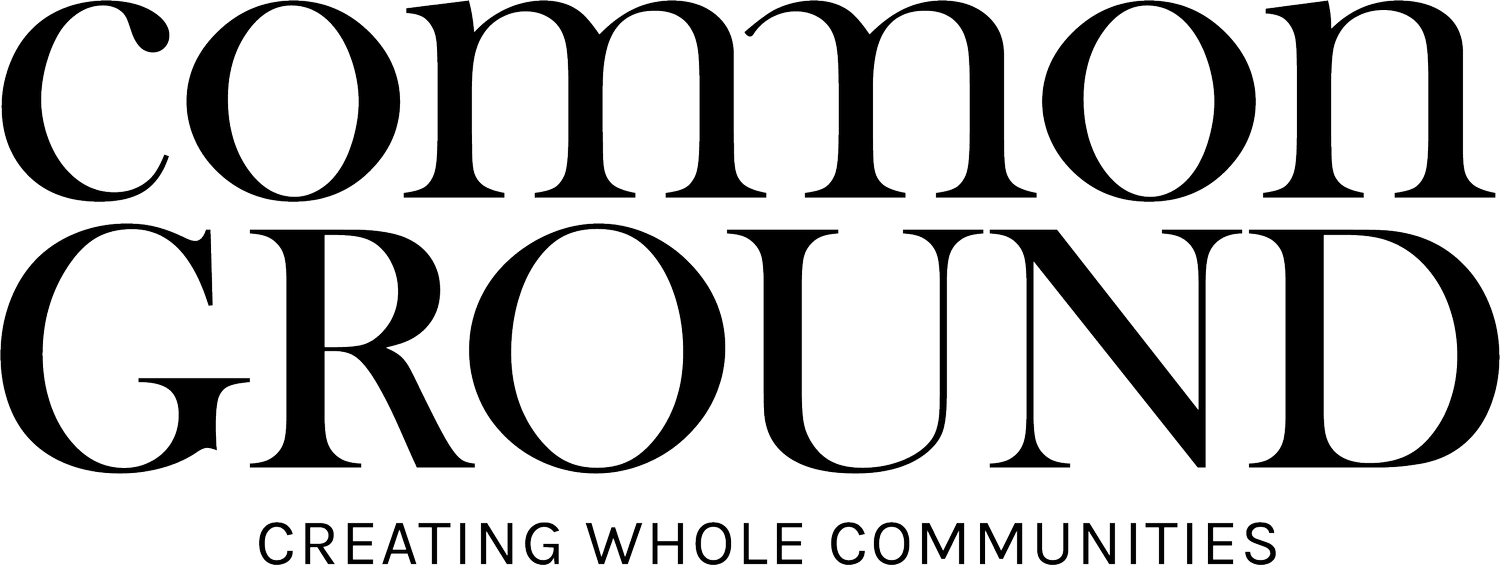What insights did we get in the research phase?
Specific to the issue of why people may (or may not) take care of their personal or community health in Jurong, we found:
• Two significant narrative patterns that would likely lead to non-action on health OR health-comprising actions and
• One significant narrative pattern that would likely lead to health-enhancing action.
Two narrative patterns that might result in someone not taking action to support their health OR taking health-compromising action:
The story of Scarcity
The basic themes of this story are
I do not have enough wealth of resources (e.g. money, time, support) to consider new choices
They (e.g. the family/the system/institution) are not caring or generous enough for me to consider new choices
This story tends to generate emotions of resignation, resentment and cynicism.
The individual was more likely to take health-compromising actions such as persisting or doubling down on existing priorities, especially financial priorities.
The missing story (and possible opportunities for intervention) is
Can we help the individual see personal health as a form of wealth or resource worth prioritising?
Can we help the individual experience a new story about the system’s capacity for care and generosity?
The story of Nostalgia Alone
The basic themes of this story are
The past is generally better than the present
I am inadequate compared to others (e.g. I am introverted, quiet, awkward, unskilled or inexperienced with talking)
This story tends to generate emotions of hopelessness, anxiety, suspicion of newness, loneliness, awkwardness.
The individual was more likely to take health-compromising actions like isolating at home, distancing themselves from others or sticking to a small, select group.
The missing story (and possible opportunities for intervention) is
Can we help the individual reconsider their story of personal inadequacy?
Can we help the individual experience present-day people can be just as caring as people of the past?
Can we position self-affirmations, social connection and social activity as an alternative, natural, old-school medicine?
One significant narrative pattern that might result in someone taking health-enhancing action:
The story of Nostalgia Made New
The basic themes of this story are
our experience with the best things about the past can teach us to do better in the present
we can be the new caring and generous ones that look out for each other
This story tends to generate emotions of friendliness, delight, joy, happiness, ambition and determination.
The individual was likely to take health-enhancing actions like reimagining and rebuilding what they loved most about the past (e.g. going for RC activities, advocating the RC to pay for their outings, sharing food, community gardening, using tech to message each other every morning to check if they were still alive and well).
The missing story (and possible opportunities for intervention) is
Can we help the individual see themselves as community leaders and influencers worth supporting via resources, documentation or platforming?
Can we help the system see them that way as well?

Talking to other stakeholders beyond Jurong, we believe that these 3 significant narratives may not just be site-specific to Jurong but could be applicable in other neighbourhoods and other issues.
For instance, it is possible to hear a similar Story of Scarcity or Nostalgia Made New being told in the way another neighbourhood community handles the issue of food insecurity or lack of childcare.
Our Journey
Click the boxes to explore different parts of the project!














